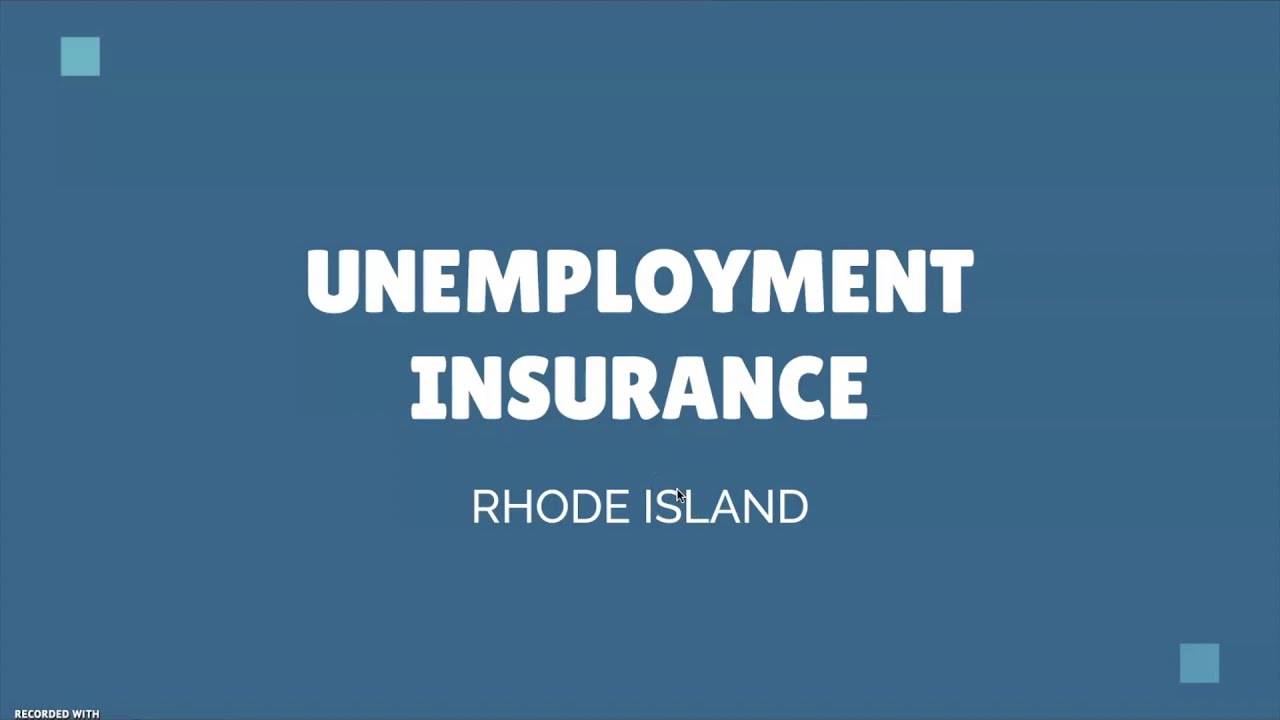Introduction: Rhode Island unemployment benefits and attending school
Rhode Island offers unemployment benefits to individuals who have lost their jobs and are actively seeking new employment. These benefits are designed to provide financial assistance during the job search process. However, many unemployed individuals may also have a desire to further their education while they are unemployed. This raises the question: Is it possible to receive Rhode Island unemployment benefits while attending school?
Understanding Rhode Island’s unemployment benefits eligibility criteria
To be eligible for unemployment benefits in Rhode Island, individuals must meet certain criteria. They must have lost their job through no fault of their own, be able and available to work, actively seek employment, and meet any additional requirements set by the Rhode Island Department of Labor and Training (DLT). These requirements include reporting any income earned and attending mandatory appointments.
Can you receive unemployment benefits while attending school in Rhode Island?
The answer to whether or not you can receive unemployment benefits while attending school in Rhode Island depends on your school attendance status. The DLT allows individuals to attend school while receiving benefits, as long as their attendance does not interfere with their ability to actively seek employment. However, there are different rules for part-time and full-time school attendance.
Part-time school attendance and eligibility for unemployment benefits
If you are attending school part-time in Rhode Island, you may still be eligible to receive unemployment benefits. The DLT considers part-time school attendance as a permissible activity, as long as you are actively seeking employment and available to work. You will need to report your school attendance to the DLT and provide documentation, such as class schedules or school enrollment verification.
Full-time school attendance and eligibility for unemployment benefits
While it is possible to attend school full-time and receive unemployment benefits in Rhode Island, there are additional requirements that must be met. Full-time school attendance is considered a disqualifying factor, as it may interfere with an individual’s ability to actively seek employment. However, there are exceptions to this rule, such as when the school attendance is deemed necessary for retraining purposes.
How to report school attendance to the Rhode Island Department of Labor and Training
Regardless of whether you are attending school part-time or full-time, it is important to report your school attendance to the DLT. Failure to do so may result in the termination of your unemployment benefits. You can report your school attendance by contacting the DLT’s Unemployment Insurance Call Center or by updating your school attendance information through the DLT’s online portal.
Impact of school attendance on the amount of unemployment benefits received
Attending school while receiving unemployment benefits may have an impact on the amount of benefits you receive. The DLT calculates unemployment benefits based on an individual’s previous earnings and any income they earn while receiving benefits. If attending school leads to a reduction in your available hours for work, it could result in a decrease in your benefit amount.
Scholarships, grants, and their effect on unemployment benefits
Scholarships and grants received for educational purposes are generally not considered when calculating unemployment benefits in Rhode Island. These funds are typically excluded from the calculation of income. However, it is important to report any scholarships or grants received to the DLT, as they may impact your eligibility for other assistance programs or training opportunities.
Work-study programs and their impact on unemployment benefits
If you are participating in a work-study program while receiving unemployment benefits, you must report the income earned through the program to the DLT. This income will be taken into consideration when calculating your benefit amount. However, participating in a work-study program does not automatically disqualify you from receiving unemployment benefits, as long as you are still actively seeking employment.
Rhode Island training programs and their relation to unemployment benefits
Rhode Island offers various training programs to help individuals gain new skills and improve their job prospects. These programs may include vocational training, apprenticeships, or other educational opportunities. Participating in these programs may impact your eligibility for unemployment benefits, as they are considered permissible activities that can enhance your job prospects.
Other educational opportunities and their influence on unemployment benefits
Apart from traditional schools and training programs, other educational opportunities such as online courses or self-study programs may also be considered permissible activities. These opportunities should be reported to the DLT, as they may be taken into consideration when assessing your eligibility for unemployment benefits. It is important to note that actively seeking employment remains a requirement while participating in these educational activities.
Conclusion: Balancing education and unemployment benefits in Rhode Island
In Rhode Island, it is possible to receive unemployment benefits while attending school, as long as your school attendance does not interfere with your ability to actively seek employment. Part-time school attendance is generally allowed, while full-time attendance may require special circumstances. Reporting school attendance and any income earned through educational activities is crucial to maintaining eligibility for unemployment benefits. By understanding the rules and requirements, individuals can successfully balance their education and unemployment benefits in Rhode Island.





